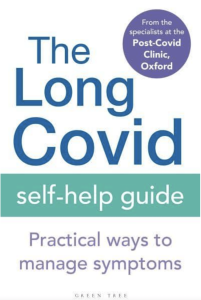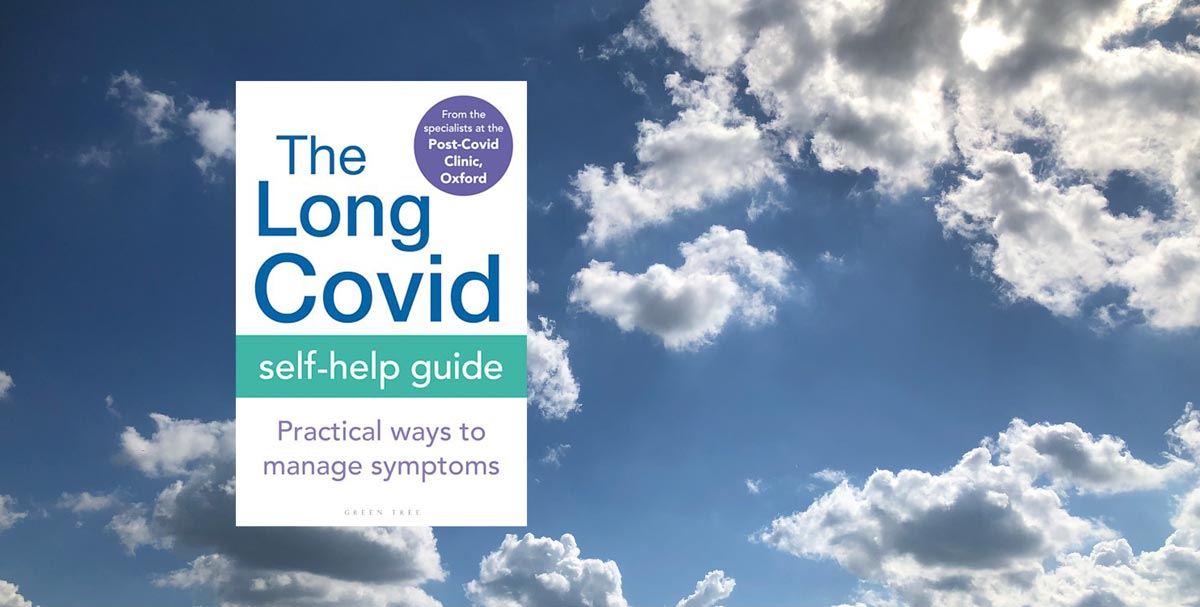
Two and a half years is a long time in a pandemic.
Do you remember those early months, when covid-19 was an acute and terrifying illness characterised by fever, cough and shortness of breath, which either got better within two weeks or led to a ghastly but relatively quick death from respiratory failure?
Do you recall a patient who sought advice several weeks after a seemingly uncomplicated bout of covid-19, only to be told that they were out of shape, anxious, or spending too long on Facebook?
Maybe you know of a case, rare but compelling, of a patient who died or was diagnosed with pulmonary embolus, stroke, heart failure or major dysfunction of the autonomic nervous system a few weeks after “mild” covid-19.
Perhaps you remember when you first started to doubt the narrative that long covid was “all in the mind”?
Perhaps you recall the day you shifted your mental model of covid-19 from a single-organ infection of the lung to a multi-system inflammatory disease affecting the microvascular endothelium in every organ in the body? Perhaps you remember when you first started to doubt the narrative that long covid was “all in the mind”?
As most of us know by now, a significant proportion of patients take a very long time to recover after covid-19. Whilst many are better by a month, up to half (depending on the study) are not, and up to one in three still has residual symptoms at three months.
The natural history of covid-19 in most of these ‘long-haulers’ is one of gradual (if frustratingly protracted) recovery. But less commonly, covid-19 can become a chronic or relapsing-remitting condition, typically characterised by interacting physical, psychological and emotional components. Common symptoms are persistent breathlessness along with altered breathing, whole-body fatigue, sleep disturbance, ‘brain fog’ with blunting of higher mental functions, and palpitations and dizziness (typically orthostatic).
The combination of these and other symptoms, along with the fluctuating course (good days are interspersed with bad days, and certain activities may act as triggers), leads to severe functional impairment which affects the person’s ability to work, socialise and participate in family life. The psychological response—when will it end?; what can/should I do?; is it reactivating again or am I being overcautious?—may lead to a vicious cycle of low mood, reluctance to participate in activities and worsening fatigue.

Rare red flags aside, it is becoming clear that an important component of care is supported self-management in which the patient becomes an expert in their own fluctuating illness (e.g. learning to pace themselves as fatigue waxes and wanes), re-learns the art of breathing efficiently, finds ways of handling sleep disturbance, and develops strategies to cope with the heavy psychological burden of such a disabling and unpredictable condition.
This book is written by a multidisciplinary team at the Oxford Long Covid Clinic, including respiratory physiotherapists, occupational therapists, sport and exercise clinicians, psychologists, rheumatologists, cardiologists and rehabilitation specialists. It offers a clear lay explanation of the pathophysiology of the condition and how its effects tend to manifest. It also includes chapters on all the above aspects of self-management, easy-reference tips and techniques, and appendices on developing and negotiating a return-to-work plan and key investigations. It is accessible, well-illustrated, non-patronising and up-to-date. It does not, however, promise or provide a miracle cure.
The book is clearly intended to be given out (or sold?) as a supplement to the clinical care offered in specialist long covid clinics, of which England has around 80.
The book is clearly intended to be given out (or sold?) as a supplement to the clinical care offered in specialist long covid clinics, of which England has around 80. The other UK jurisdictions manage long covid patients variably—for example, in respiratory, pain or rehabilitation secondary care services and in general practice. But the lucky patient who finds themselves cred for by a specialist multidisciplinary team is in a small minority: according to official government figures, up to 1.5 million UK patients are seeking diagnosis, advice and treatment for their long covid—that translates to approximately patients 40 per full-time equivalent general practitioner and around 15,000 per specialist long covid clinic.
In other words, the sheer arithmetic of this new condition, along with the wider pressures on services, means that notwithstanding recent updates to national guidance on long covid, most patients are finding that ‘self-management’ is currently their only option. Until the planners, politicians and commissioners can solve the problems of capacity, waiting times and prioritisation criteria, this book is an excellent stop-gap.
Featured book: The long covid self-help guide: practical ways to manage symptoms: From the specialists at the post-covid clinic, Oxford, UK, Published by Green Tree, London. £11.49 (also available via AudibleTM/e-formats)
Featured image, Blue sky with clouds, by Andrew Papanikitas (2022)









Self management is no management at all, help books like this and others are waste of time there is enough free information available. This is preying on very ill individuals who are desperate and generally financially not well off, personally those making money from long covid videos and books is disgusting.